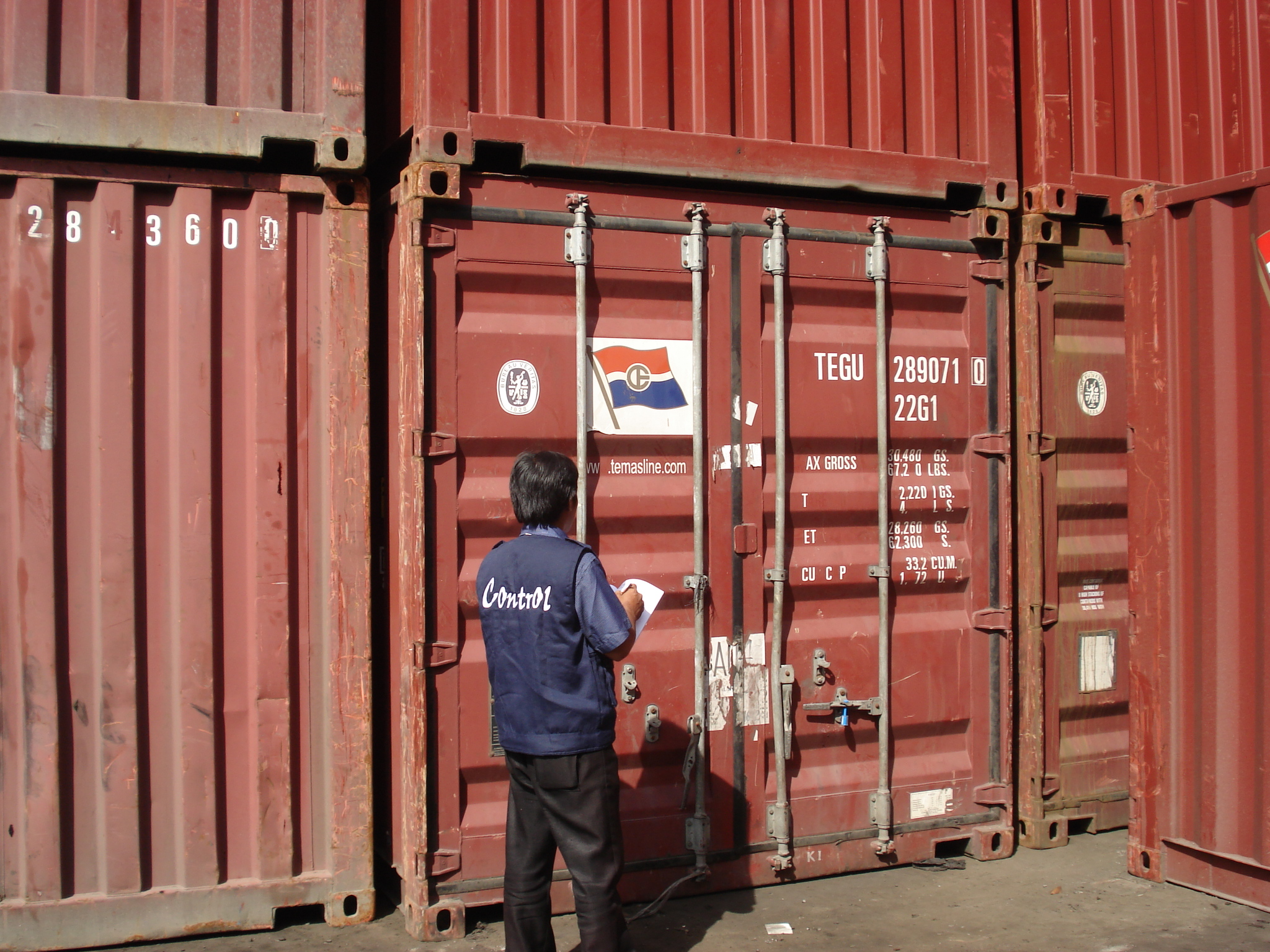How To Invest In Shipbuilding Stocks
Shippers Guide is the learning page of MMS Plus. Here we answer the five W’s and H of several issues in the shipping industry. This week’s edition focuses on the step by step guide on how to invest in shipbuilding stocks
Since the dawn of economics, maritime trade has been the backbone of trade across the world. Even now, ships keep entire world economies alive and active. A single mishap – as seen with the Ever Given obstructing the Suez Canal earlier this year – can turn world trade on its head.
Ships transport everything from iron ore and crude oil to automobiles and electronics. So, you can only imagine the importance this industry is invested with. By carrying almost 90% of world trade on its back, the shipping industry is truly a giant. Investing in it should be an absolute no-brainer.
As the Federal Government flagged-off the removal of wrecks nationwide, experts have posited that the metal wastes in the nation’s waterways could produce over 200,000 tonnes of steel worth over N30billion.
The Minister of Transportation, Hon. Rotimi Amaechi, who presided over the commissioning of the project in Lagos, stated that the activity buttresses the government’s commitment to safe navigation and hitch-free shipping activities.
Noting that legal issues may ensue with ship-owners who have abandoned their vessels on the nation’s waterways, the Transport Minister stressed that the courts would have to mandate such operators to remove such rust buckets or have them evacuated by the Nigerian Maritime Administration and Safety Agency (NIMASA).
Ship scrapping also represents a new area for investments in-country, especially as the market is alledgedly worth over N30billion from the estimated wrecks in the nation’s waters.
Getting Started
But how do you go about investing? Do you need to buy a ship? You need to know the details of how you can go about doing something before you take action, after all. Luckily for you, we will discuss all that in this article and tell you everything you need to know to get you started.
In essence, there are three main ways you can invest in the shipping sector, and none of them involve actually buying a ship! These are ETFs, Individual Stocks, and FFAs. Of course, you are not limited to these options, but this article is aimed at people starting out in the market. That said, it is time to find out what all these terms mean and what exactly they do.
Forward Freight Agreements
A forward freight agreement, or FFA, is a financial forward agreement that allows ship owners, charterers, and speculators to hedge their bets against the volatility of freight rates. FFA contract owners hold the right to buy and sell the price of freight for future dates.
FFAs are traded easily with a principal-to-principal agreement. However, of the three ways listed here, this is the most difficult market to get into. There are high barriers, very few active accounts across the world, and it requires a high level of specialization to track it properly and profitably. You will need to know how to use VWAP to take full advantage of this.
Exchange-Traded Funds
For anyone wanting to get into investing in the shipping sector, ETFs are the easiest way of doing so. They offer a lot of diversified exposure, which is good if it comes from a single security. There are two kinds of ETFs in the market worth looking into.
Breakwave Dry Bulk Shipping ETF
We start out with the Breakwave Dry Bulk Shipping ETF, otherwise known as BDRY for short, which is designed to show the daily values of dry bulk freight without the need for a futures account. BDRY is great because it offers the greatest gift any investor could hope for – transparency. It does so by listing all its holdings daily.
The good thing about BDRY is that it is designed to reduce the negative effects of rolling contracts. It does this by buying contracts while allowing the existing positions to expire and then settling in cash. Usually, this buying up of contracts is just for the next quarter.
Invesco Shipping ETF
Invesco Shipping, or SEA, is built to track the Dow Jones Global Shipping Total Return Index. This ETF offers physical exposure. This means that by owning its shares, you will earn the return of the securities that make up the index.
The SEA fund invests about 90% of its assets in stock and depository receipts and generates an income by distributing dividends. The fund and the index get rebalanced every quarter.
Individual Stocks
Another way to invest in the shipping industry is through individual stocks. There are a lot of stocks to choose from, broadly speaking. In dry bulk alone, there are some fourteen individual stocks. However, most of them are low cap and do not have enough liquidity. Altogether, their total daily volume is lower than 20 million USD.
Other than low liquidity, there are other disadvantages to stocks. These include company-specific risks, dilution risks, as well as issues related to management and corporate governance. Finally, and most important, freight rates and futures have consistently shown lower correlation to equity markets, making them more reliable.
Conclusion
And there you have it. If you want to get into shipbuilding stocks, these are your ways of doing so. No, you do not need to buy a ship. It isn’t the middle ages anymore. What you do need to have is patience and a deep understanding of what exactly it is that you have gotten yourself into.
The shipping industry is truly the lifeblood of the global trading and economic system. In the past few decades, the industry had suffered from a slump it has only started recovering from since 2016, especially in the dry bulk category. Meaning that right now is the best time to invest because stocks in dry bulk are cheaper than anything else available.








